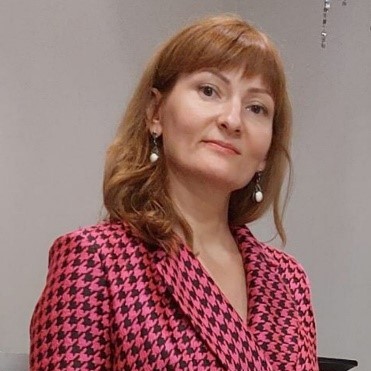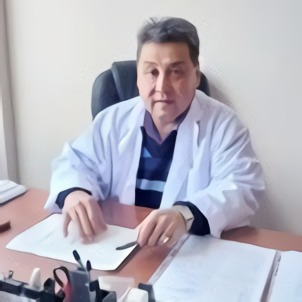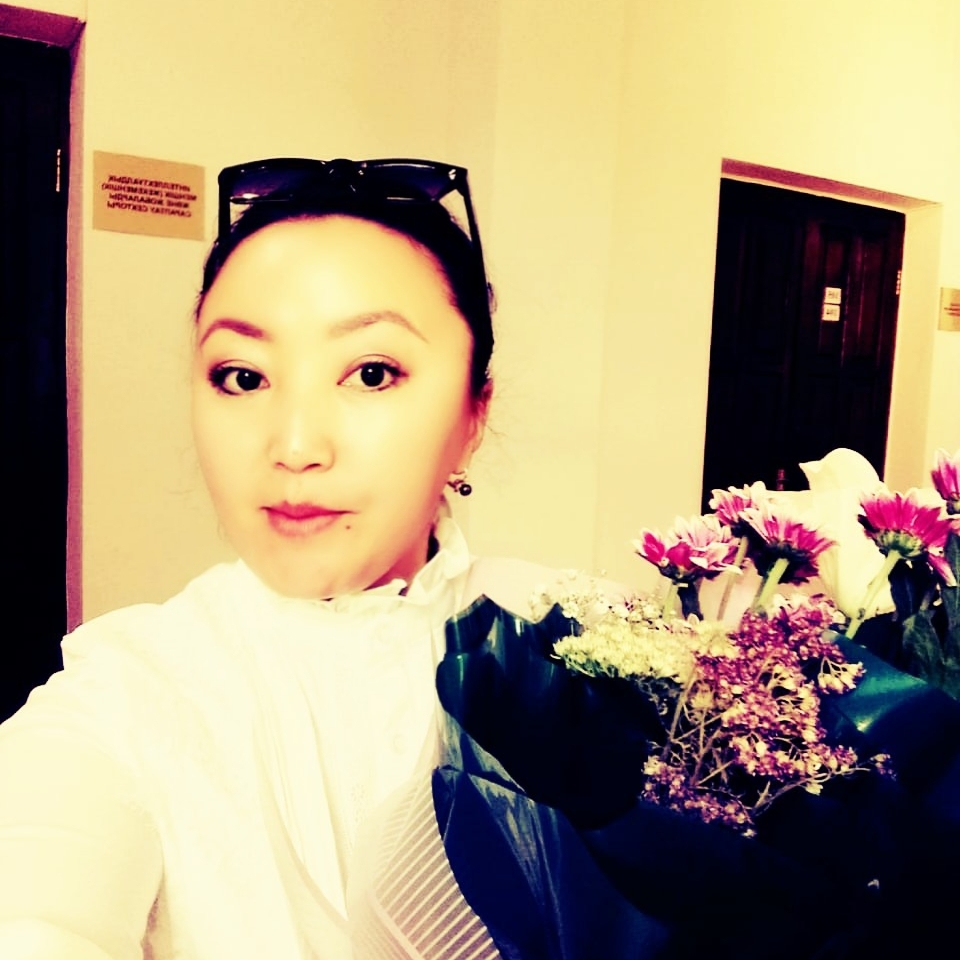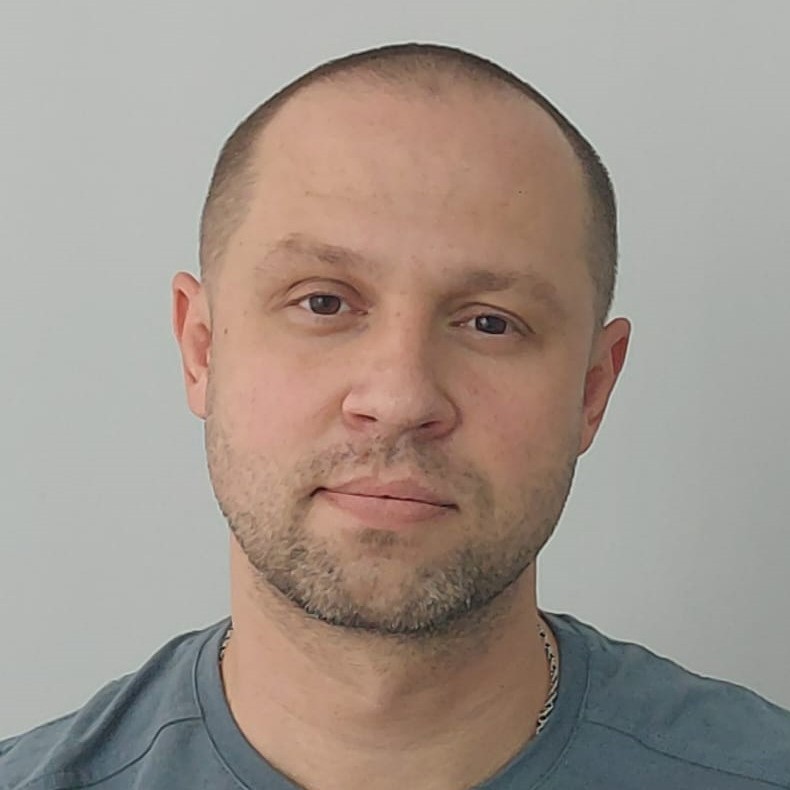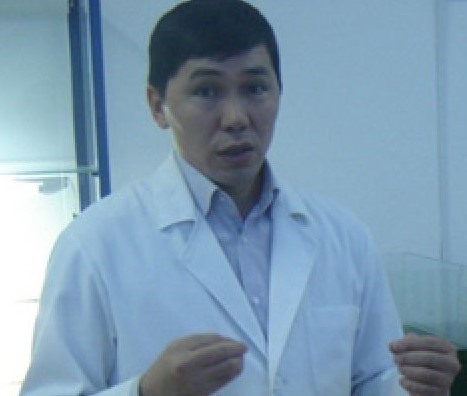The purpose of the educational program:
to train competitive in the labor market specialists in biotechnology and bioengineering for state, local, regional, foreign institutions, as well as to train scientific and pedagogical personnel for higher educational institutions and colleges.
Objectives of the educational program:
-
implementation of scientific, practical and pedagogical activities in universities that provide training;
-
to promote the ability to formulate and timely solve scientific and practical problems at the intersection of sciences, to successfully carry out research and management activities in various institutions of the appropriate profile;
-
obtaining by students the necessary minimum knowledge in the field of university pedagogy and psychology, practical teaching experience in educational institutions .
-
ensuring the acquisition of fundamental knowledge at the intersection of biology, chemistry , genetic engineering, guaranteeing their professional mobility in the real developing world;
-
the acquisition by students of the skills of organizing and conducting scientific biotechnological research and obtaining the necessary groundwork for continuing scientific work in doctoral studies;
-
development of the need for self-improvement and self-development by teachers, instilling the skills of independent creative mastery of new knowledge throughout their active life;
Internship, employment:
1) have an idea:
- on the state of biotechnology in the world and in Kazakhstan;
- about the innovative role of biotechnology and bioengineering;
- about driving laws of market economy and management in the field of biotechnology;
- about modern methodology of teaching biotechnology;
- about the role of scientific and pedagogical schools (continuity) in modern biotechnology;
2) know:
- Fundamentals of fundamental sciences, on which modern biotechnology is based, in accordance with the specialty and specialization;
- essence, mechanisms and patterns of life processes of living organisms (microorganisms, plants, animals);
- main achievements and trends in the development of biotechnology and bioengineering;
- the essence of progressive technologies within the professional activity of a biotechnologist;
- main technological processes of processing of biological raw materials, production and processing of food products;
- modern methods of genetic engineering, protein engineering, engineering enzymology, chromosome engineering, cell engineering;
- arrangement and principles of operation of modern laboratory and production equipment;
- methods for analyzing the most important compounds of living organisms and methods for studying the processes of their vital activity;
- the main provisions of labor protection and safety, professional and scientific ethics, apply them in work.
3) be able to:
- plan and carry out scientific and scientific-pedagogical work of a professional biotechnologist;
- integrate knowledge and express it in a correct, logically connected oral and written form;
- use knowledge of fundamental sciences in their practical work to solve specific research, information retrieval, methodological problems in various branches of biotechnology;
- plan, organize and conduct scientific research, production activities;
- use the knowledge of university psychology and pedagogy in practical activities.
4) have skills:
- development of pilot research projects and participation in other projects, independent research work;
- use of computer methods of collection, storage, processing and implementation of information;
- application of the system of updating knowledge in the process of professional activity, providing an active search and use of new information;
- solving standard research and pedagogical problems;
- scientific and critical thinking;
- work with accompanying scientific documentation;
- work with an audience of students and specialists;
- regular professional development.
5) be competent:
- in the professional field of activity of a biotechnologist;
- in scientific and pedagogical work in the specialty;
- in solving scientific and pedagogical problems;
- in professional communication and issues of intercultural communication;
Objects of professional activity:
pedagogical activity in universities, secondary - special and other educational institutions of the state and non-state profile; scientific - research institutes; scientific - production, medical, pharmaceutical, agricultural, design, expert, administrative institutions; enterprises of the food, processing, medical and microbiological industries; breeding and variety testing stations, plant protection stations and livestock farms; botanical gardens, zoos, nature reserves, museums of nature and other environmental institutions; industry laboratories, subdivisions, sections, sectors, departments, departments of ecology at local, regional and republican administrative structures, institutions of the control and analytical service, centers of standardization and certification
Professional practice, employment:
LLP "KazNII of Processing and Food Industry", LLP "KazNII of Soil Science and Agrochemistry named after U.Uspanov", LLP "Scientific and Production Center of Microbiology and Virology", RSE "Institute of General Genetics and Cytology"
Main learning outcomes
- understand the role of science and education in public life; about modern trends in the development of scientific knowledge; about actual methodological and philosophical problems of natural (social, humanitarian, economic) sciences; about the professional competence of a teacher of higher education; on the contradictions and socio-economic consequences of globalization processes (PO1);
- apply the methodology of scientific knowledge; principles and structure of organization of scientific activity (PO2);
- psychology of cognitive activity of students in the learning process (PO3);
- psychological methods and means of improving the efficiency and quality of education (PO4);
- use the acquired knowledge for the original development and application of ideas in the context of scientific research; critically analyze existing concepts, theories and approaches to the analysis of processes and phenomena (PO5);
- apply the knowledge of pedagogy and psychology of higher education in their pedagogical activities (PO6);
- apply in research activities, solving standard scientific problems; implementation of educational and pedagogical activities on credit technology of education; methods of teaching professional disciplines (PO7);
- use modern information technologies in the educational process; professional communication and intercultural communication; oratory, the correct and logical formulation of their thoughts in oral and written form; expanding and deepening the knowledge necessary for everyday professional activities and continuing education in doctoral studies (PO8).
The training in this EP ends with the defense of a dissertation.

